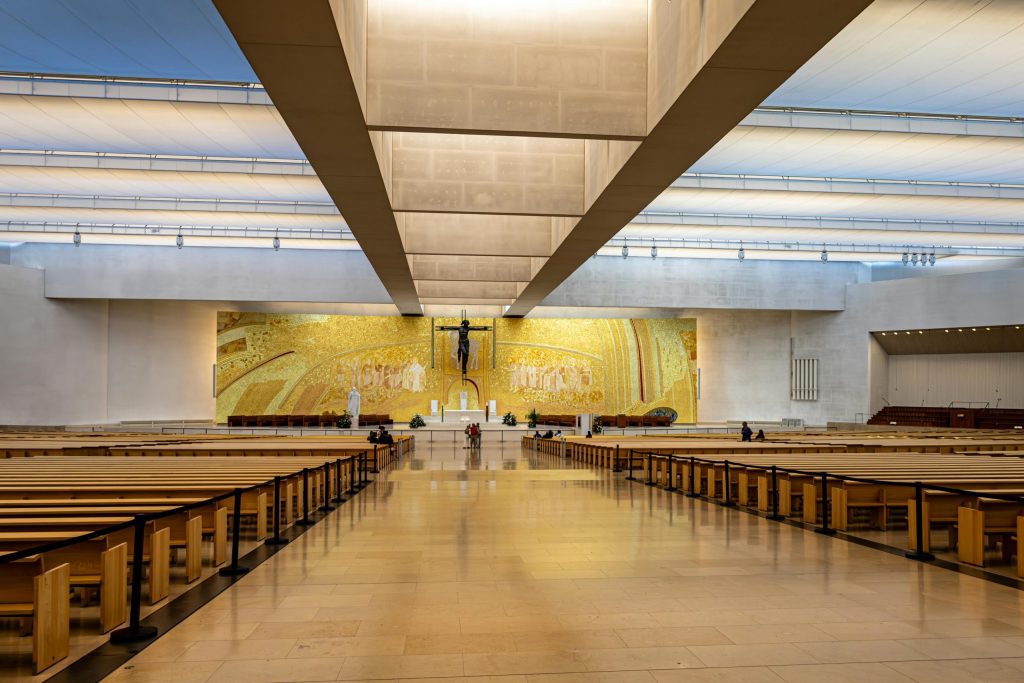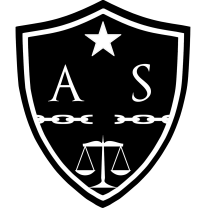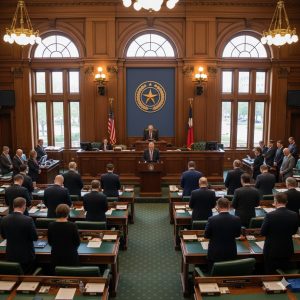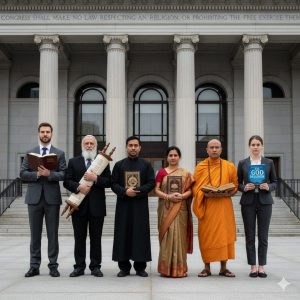
The Johnson Amendment was a rule that since 1954 had restricted tax-exempt organizations, including churches, from endorsing political candidates. For decades, this measure stood as a controversial firewall between pulpit and politics, safeguarding the principle that religious institutions would not become instruments of partisan power. Now, with a quiet reinterpretation by the IRS excluding churches from the rule’s enforcement, that firewall has been dismantled—not with a bang, but with a bureaucratic whimper.
At first glance, the move appears to be a triumph for religious liberty, particularly for conservative evangelicals who have long claimed that the Johnson Amendment muzzled the voice of the faithful. Pastors can now endorse candidates openly without fear of jeopardizing their church’s tax-exempt status. Some herald this as a long-overdue liberation. But beneath the surface, a more complex and troubling shift is taking place—one that warrants deeper reflection, particularly by those who believe conscience and conviction should be free from both state coercion and religious imposition.
Historically, the United States has carefully balanced the First Amendment’s dual religious clauses: the Free Exercise Clause and the Establishment Clause. This reinterpretation threatens to tilt that balance. While it claims to expand freedom of religion, it simultaneously risks empowering religious institutions to wield political influence on a such a scale that could suppress dissent, conscience, and minority belief within the broader public square.
Churches, unlike political action committees or nonprofits engaged in partisan work, are not required to disclose financial contributors. Contributions are tax-deductible, and there is little to no transparency. By allowing overt political endorsement from the pulpit, the road is paved toward a potent blend of spiritual authority and political power—without accountability. In an age of growing distrust in institutions and the rise of populist religious nationalism, this is not a small shift. It is a structural invitation for the church to dominate the secular.
This development must not be confused with defending religious liberty in its truest sense. True religious freedom protects the conscience of all—believers and nonbelievers alike. It limits the power of both church and state to compel faith or allegiance. But when religious leaders are given the green light to act as de facto political operatives from tax-privileged platforms, we risk moving from a society that protects religion to one where religion becomes a tool of political power—or, rather politics becomes a tool of religious power—and ultimately, the suppression of the conscience.
This is not merely a theoretical concern. Throughout history, when religious institutions gained unchecked political influence, liberty of conscience diminished. From colonial theocracies to authoritarian regimes, the merging of sacred authority with state control has often led to the persecution of dissenters, the suppression of minorities, and the erosion of individual rights—all of which were defended by our Protestant and Enlightenment forebears.
The Johnson Amendment was never perfect, and its enforcement uneven—often times non-existent. But its principle—that houses of worship should not be campaign platforms—was rooted in a profound understanding of the American experiment. It sought to preserve the prophetic voice of religion as a conscience to the nation, but not as its civil enforcer.
Now that this boundary has been undone, the burden falls not on the state, but on the church. Will the pulpit become a campaign podium? Or will it reclaim its higher calling—to speak truth to power, rather than becoming an appendage of it?
As this reinterpretation quietly reshapes the relationship between faith and politics, American citizens—religious and secular alike—must remain vigilant. The freedom to believe carries with it the freedom not to be compelled. And when the sacred seeks to command the secular, it is not just politics that suffers, but the conscience itself.


